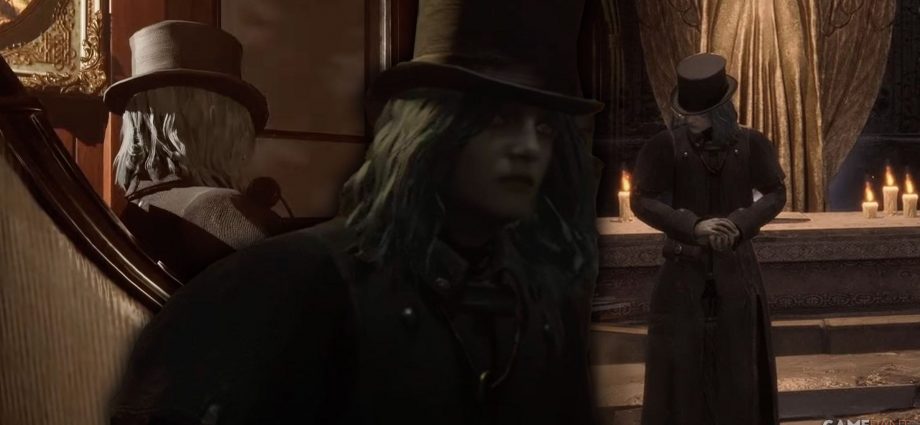Paracelsus appears at the very end of Lies of P, and is a figure that fundamentally affects the storyline’s scope. As a member of the mysterious Alchemists and the one who ominously mentions the Cure and the next puppet, Paracelsus hints at a world larger than Krat, where puppetry and humanity are no longer binary forces but variables in a controlled experiment. By extension, he doesn’t come off as villainous but instead appears to be clinical, detached, precise, and calculative.
This puts him in ideological contrast to Geppetto right away. For instance, where Geppetto seeks emotional resurrection through artificial life, Paracelsus seems to view artificial life as raw material. His dialogue doesn’t suggest a personal agenda either – it suggests oversight. He does not mourn or marvel, he documents. This means the Lies of P sequel likely won’t position him as just another merchant or background NPC, but it also probably won’t make him a traditional boss fight.

Related
Lies of P Reaches Impressive Sales Milestone
One of 2023’s highly rated games, Lies of P, announces that it has reached a stellar sales milestone nearly two years after its release.
A New World, A New Function for Paracelsus
A sequel, therefore, would likely place Paracelsus in a more proactive role where he might be pulling the strings. One clear possibility is his position as a plot intermediary, someone who bridges fables and drives the transition from Pinocchio’s world to that of Dorothy and The Wizard of Oz. This doesn’t necessarily mean that he’ll be a traditional villain, but rather a meta-antagonist, perhaps – someone who tests the protagonist’s autonomy by bending the rules of death, identity, and free will.
Thematically, however, Paracelsus would serve as an ideal anchor for the shift from mechanically manipulated puppets and Ergo to metaphysically controlled figures who are directed through memory, soul, and consciousness. While Geppetto in Lies of P tries to force humanity through Ergo and loss, Paracelsus may attempt it through transcendence or reanimation. If Geppetto is the failed Prometheus, Paracelsus may be the successful one — creating new life not bound by the rules of the Grand Covenant. This could position him as either a rival philosopher or the architect of a much more expansive universem with either path justifying an increased presence for the character.
Paracelsus as a Lore Conduit and Threat
FromSoftware-inspired titles often build off that studio’s trend of turning hidden lore keepers into final threats, but Paracelsus is unlikely to be the final boss of the next game. There’s a high chance that he’d end up being a force that unleashes the final boss, or worse, designs it.
Mechanically, his role could represent a form of progression, with players speaking to him to unlock late-game realms, forbidden transformations, or even acknowledge consequences for plot decisions made in the first game (if saves carry over). He could serve as a truth broker, and reveal layers of deception embedded in the player’s journey. Plus, his medical aesthetic also opens the door for bio-alchemical crafting, mutations or synthetic fusions between fable creatures in Lies of P, and that would alter more than just player stats.
Paracelsus as a Manipulative Force
There’s a strong case for Paracelsus not being a boss in Lies of P sequel, but a persistent manipulator throughout. And not in the FromSoftware NPC questline sense, either, but more so as a hidden force steering multiple world events. Thematically, he aligns with surveillance, curation, and control. So, if the next setting includes puppet-like constructs, then Paracelsus could be their origin point, either as a designer, overseer, or reformer. His role as a merchant may return only as a disguise – a persona through which he tests or tempts the player’s philosophical stance.
If the sequel introduces branching consequences tied to player’s choices, Paracelsus could serve as the judgment mechanism, evaluating players not just by success, but deviation. His dialogue in the original game already hinted at this; he is uninterested in Pinocchio’s journey; he’s interested in what can be learned from it. That framing suggests he’s studying not just the Lies of P protagonist, but the player and their decisions, positioning him as a manipulator and then some.




